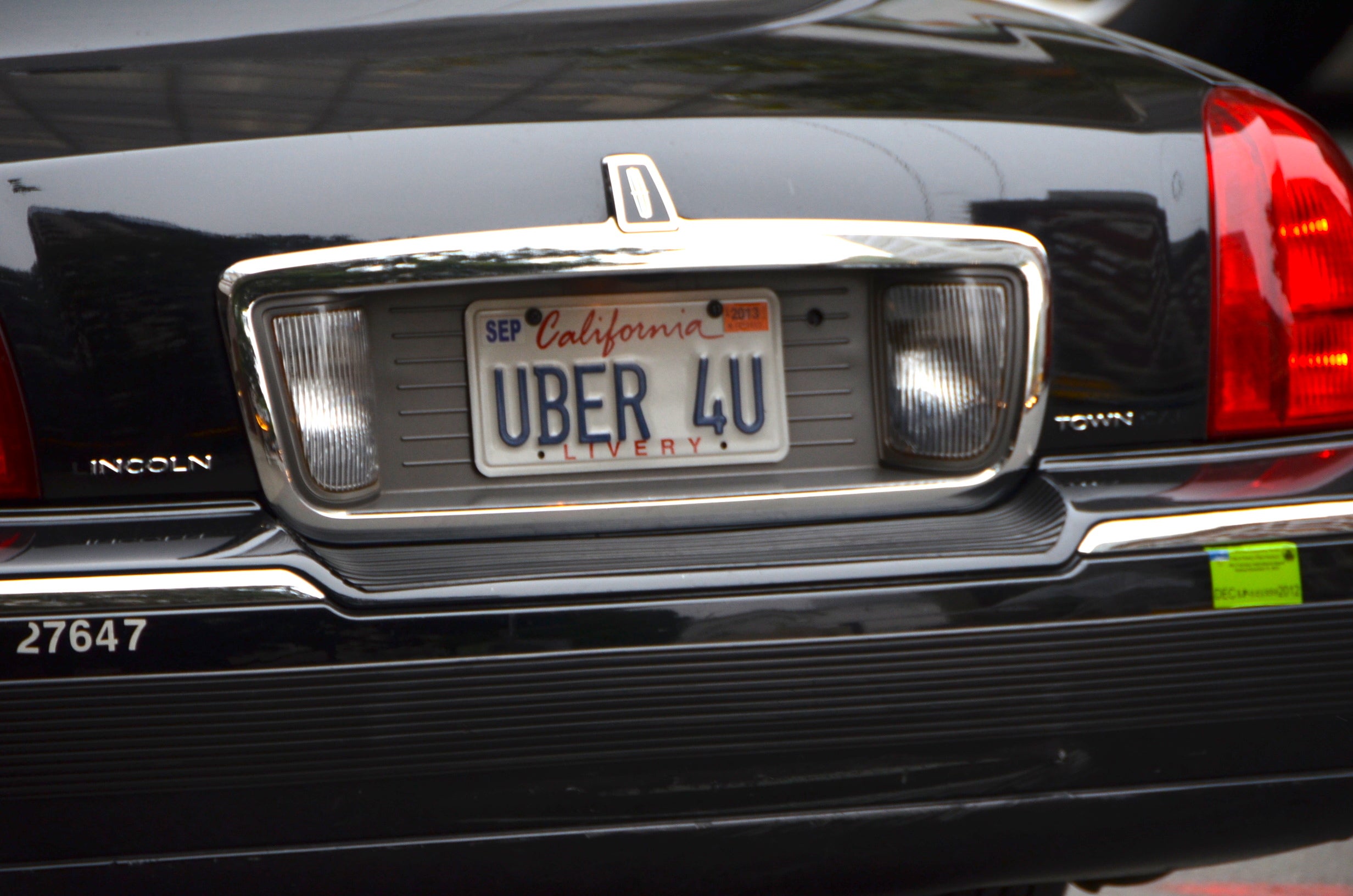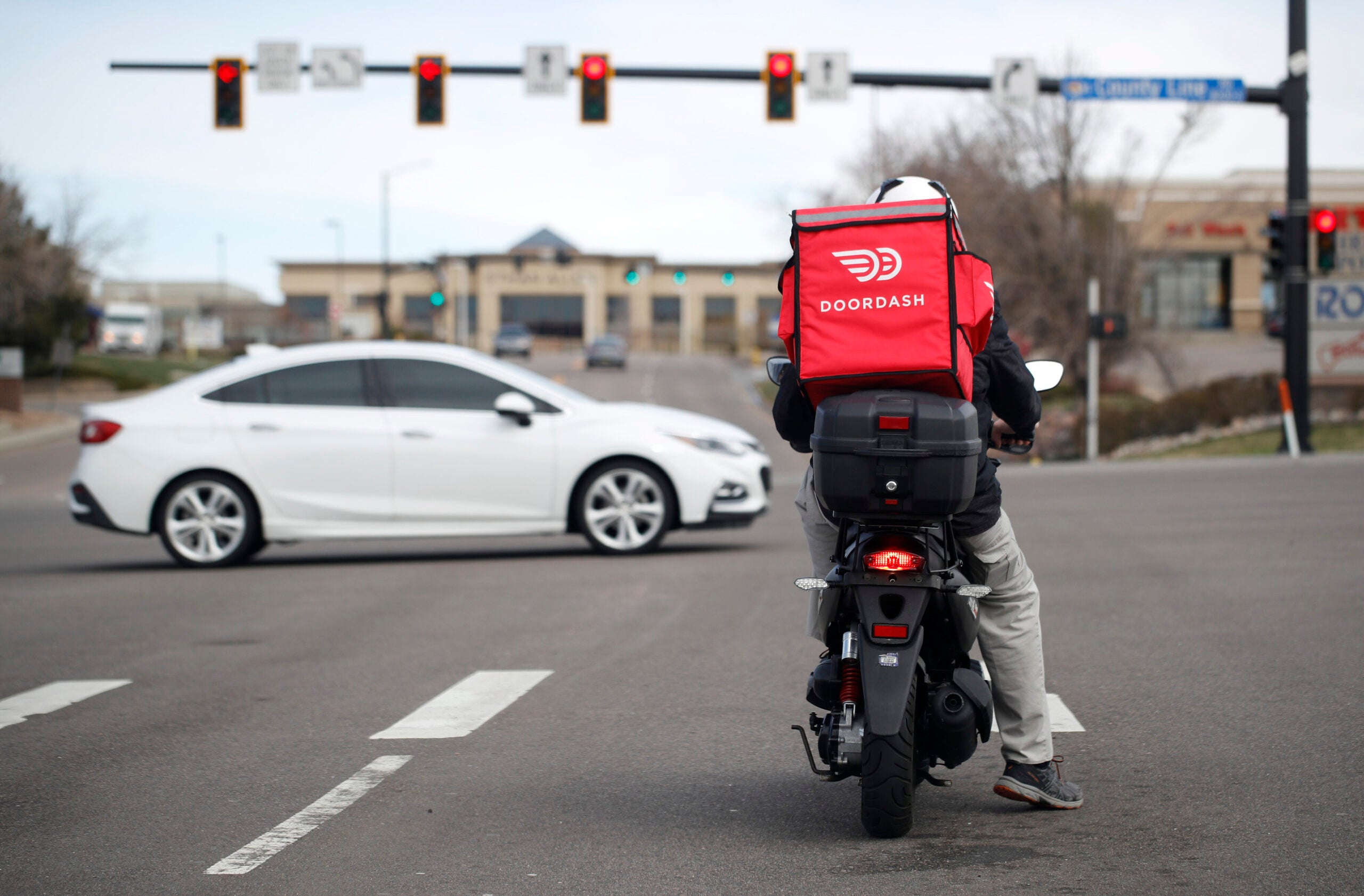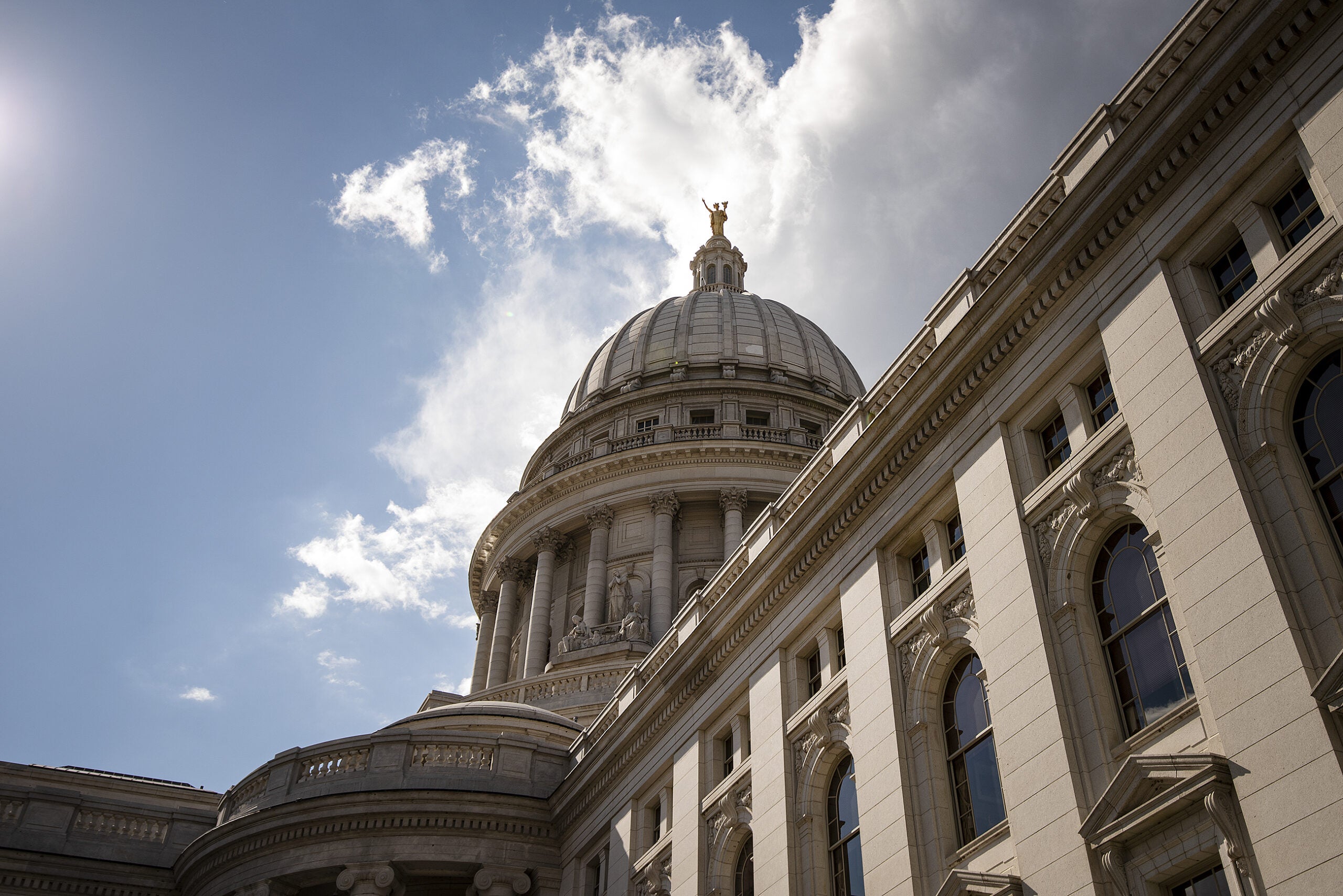Lawmakers held public hearings Thursday on legislation that would create statewide rules for ridesharing companies like Uber and Lyft.
Rep. Tyler August, R-Lake Geneva, is an author of the bill, which sets standards that address licensing, safety and insurance requirements for ridesharing companies. He said the legislation could be beneficial for his district and for the state.
“I come … to this issue as a free market guy. I think that these companies should … be encouraged to operate here in Wisconsin. And as technology continues to evolve and advance, our statutes need to evolve and advance right alongside of it to encourage this type of economic growth,” August said.
Stay informed on the latest news
Sign up for WPR’s email newsletter.
The bill also has support from rideshare company, Uber, which currently operates in three Wisconsin cities — Madison, Milwaukee, and Green Bay. Robert Kellman, who manages public affairs issues for Uber, told lawmakers the legislation will help his company and other transportation network companies expand to new locations in the state.
“This expansion will be possible because the bill smartly recognizes transportation network companies as a new form of transportation that requires a new regulatory framework,” Kellman said. “TNCs are fundamentally different from taxi companies and other transportation options.”
Critics, however, says that rideshare companies aren’t that different from taxi services. Lisa Subeck, who is finishing her term on Madison’s Common Council this month and was elected as a state representative in 2014, spoke at the hearing Thursday. She Uber and Lyft may be apps, but they’re providing services that are ‘virtually identical’ to the services that cabs provide.
“Creating one set of rules for most of the industry and then a separate set of rules for another … part of the industry really jeopardizes a working system that we have here in Madison,” she said, noting that earlier in the week, the City of Madison made ordinance changes to try to accommodate rideshare programs without giving up on regulations in the city and expectations.
“Quite frankly, if four taxi cab companies can meet these regulations, these gigantic multi-million dollar, or multi-billion dollar national corporations should be able to meet these same regulations as well. And we did give on some of our regulations, recognizing that the model is unique,” she said.
The legislation before lawmakers is also a change that would preempt local control, which is another concern of critics.
One concern voiced by opponents is that the legislation pre-empts local control. Adam Chern, who has been with Union Cab in Madison for 23 years, told lawmakers: “Some of you may have had excellent experiences taking Uber rides. You may have had great experiences with your drivers. But like skydiving, it’s all great until the parachute fails.”
“Please allow an opt-out for municipalities who wish to regulate their local carriers so that accountability is not lost,” Chern urged lawmakers.
Critics also brought up concerns with the “surge pricing” used by ridesharing companies, and the impact these companies have on traditional taxi services, but supporters said that rules allowing ridesharing to expand in Wisconsin would possibly help areas underserved by taxis.
Wisconsin Public Radio, © Copyright 2024, Board of Regents of the University of Wisconsin System and Wisconsin Educational Communications Board.






